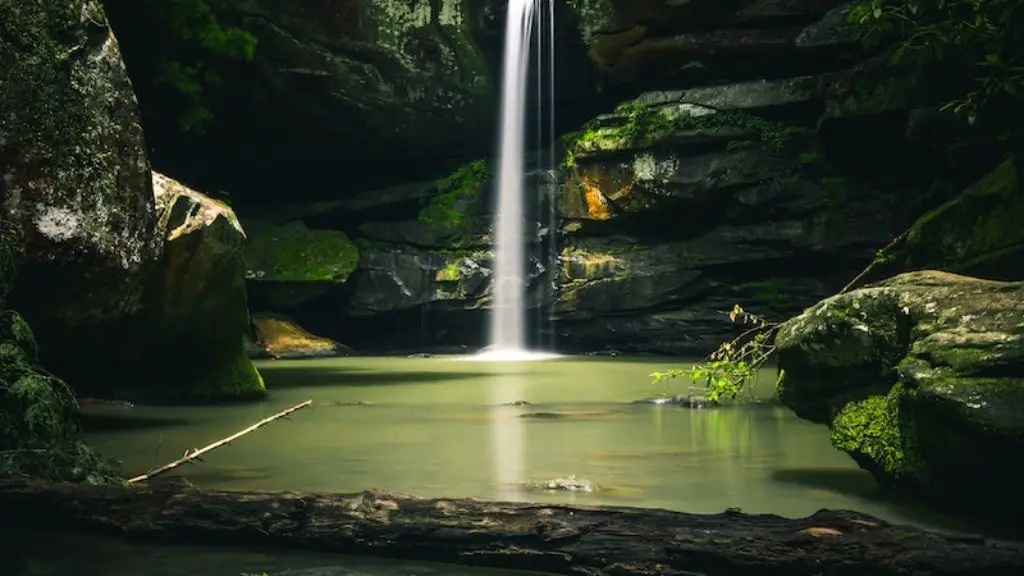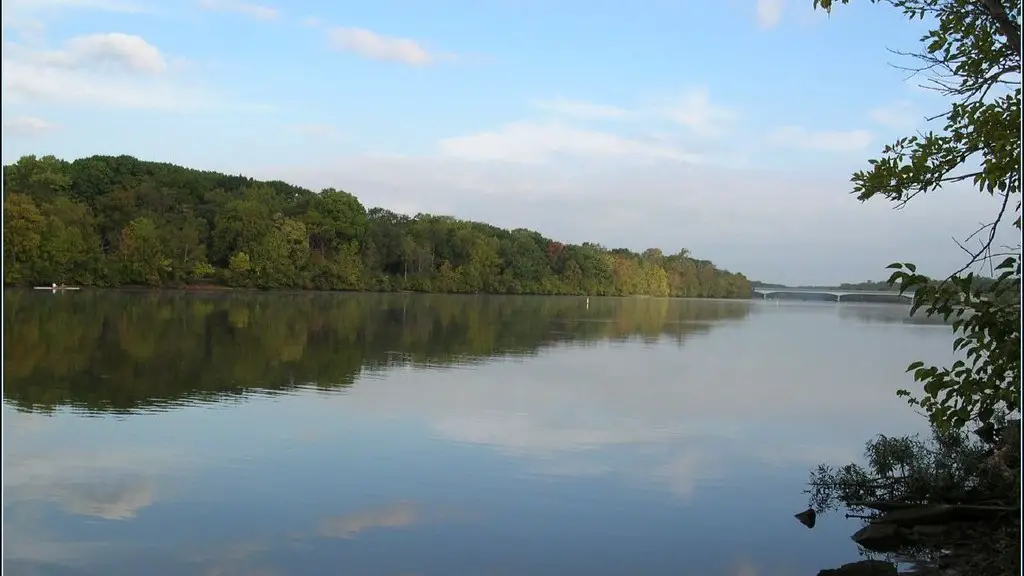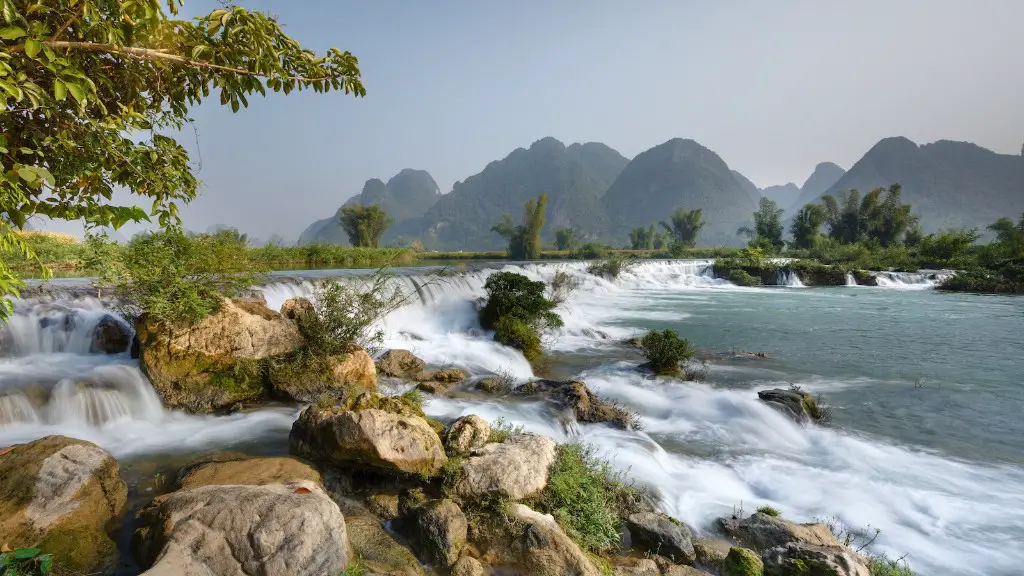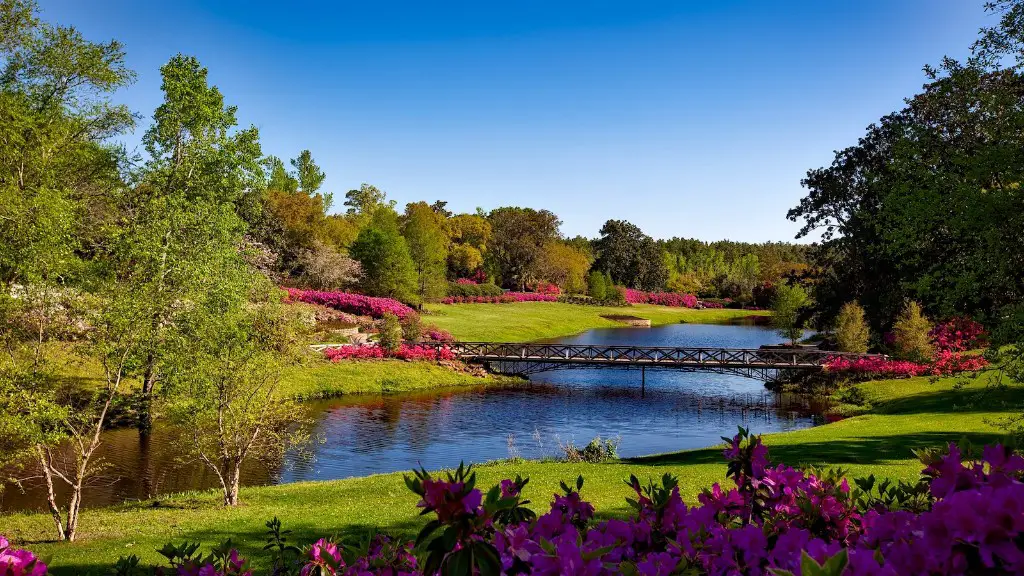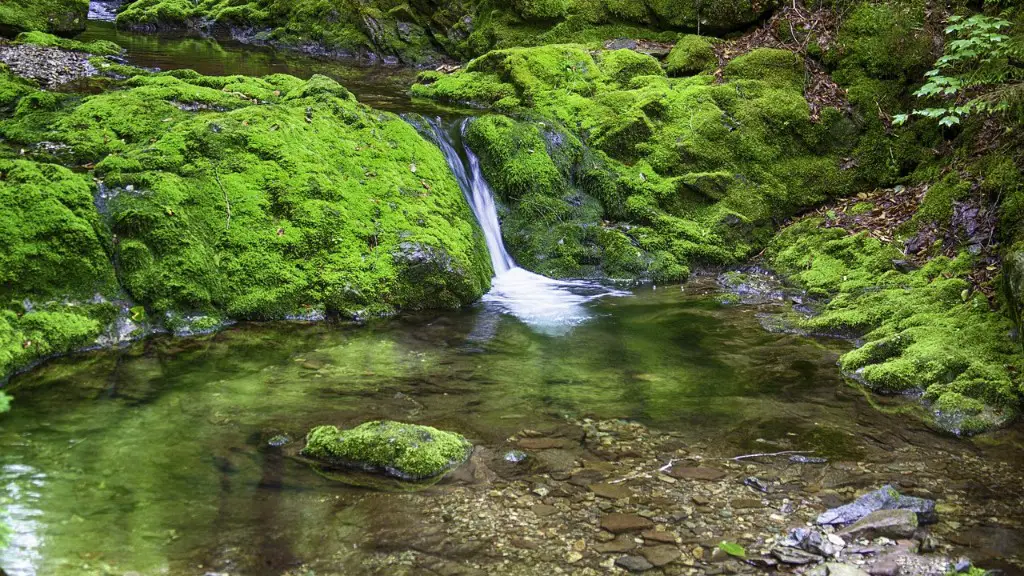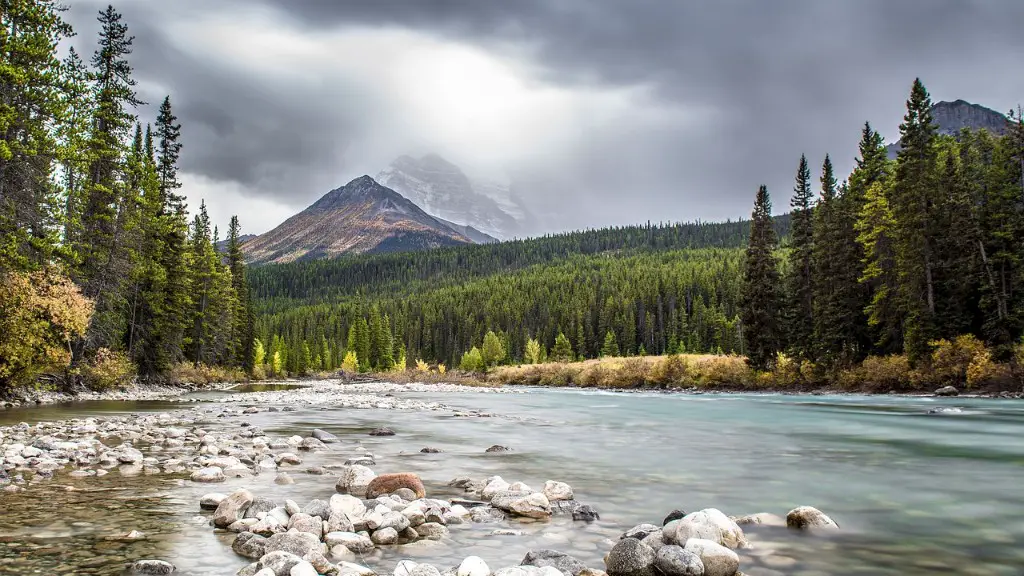The Mississippi River: What States Does It Run Through?
The mighty Mississippi River is one of North America’s most recognizable landmarks, and it’s been integral to the formation of the US as we know it today. Thousands of miles long, the river provides hydropower and transportation for millions of people who live near its banks, contributing to the health of our ecosystems and the livelihoods of millions of Americans. But what states does the Mississippi River actually flow through?
The Mississippi River starts near Lake Itasca, Minnesota, and flows generally southward until it empties out into the Gulf of Mexico. It’s the fourth longest river in the world, and it provides the watery backdrop for ten different states: Minnesota, Wisconsin, Iowa, Illinois, Missouri, Kentucky, Tennessee, Arkansas, Mississippi, and Louisiana. This makes it the only major American river that flows entirely within the continental United States, extending for more than 2,340 miles in total.
Despite its size, the Mississippi River has seen a steep decline over recent years. Back in the 1950s, the river was so polluted that it’s been described as “not fit for human, animal, or plant life.” While current protections have been put in place to improve the quality of the river and prevent the damaging excess of pollutants, it still remains one of the country’s most challenging environmental issues.
Conservationists, however, remain determined to protect and preserve the Mississippi River. Organizations such as the Sierra Club and Friends of the Mississippi are working hard to create and maintain clean sources of energy, promote sustainable agriculture practices and reduce air and water pollution along the Mississippi. There are countless education and conservation opportunities, as well as eco-appreciation programs and volunteer events, that all work to ensure that the Mississippi River remains in good health and continues to thrive.
One of the most successful initiatives has been the American Heritage Rivers initiative, which has provided grants for dozens of projects, a vast array of studies, and even system-wide monitoring of water quality in certain areas of the river. The initiative also works to promote environmental capacity building, so that local communities and Indigenous groups can become more effective stewards of the river and its ecosystems.
Economic Impact of the Mississippi River
The Mississippi River is an essential part of the economy, providing transportation and energy, as well as a host of employment opportunities. In total, it’s believed that the Mississippi River contributes over $530 billion to the economy every year. For every dollar invested in protecting and restoring the river, communities and businesses along the river are estimated to receive back up to $109.44 in economic gains.
The transport industry is one of the biggest beneficiaries, with the Mississippi River providing an opportunity to move goods cheaply and efficiently over greater distances than ever before. In particular, the Lower Mississippi River supports over 640 locks and dams that allow barges to transport more than 60 million tons of cargo annually. This cargo includes everything from grain, steel, coal and other raw materials, to manufactured items and even waste.
The energy industry is also heavily reliant on the Mississippi River. Major sources of energy such as hydroelectricity and nuclear energy are generated from the Mississippi River and can be used to power many of the cities and towns in the region, as well as providing an important source of jobs.
Recreation Opportunities Provided by the Mississippi River
The Mississippi River is not just an important economic resource; it’s also a destination for those who are looking to explore and appreciate the natural wonders it has to offer. Along the banks of the river, there are plenty of opportunities for fishing, kayaking, camping, swimming, and exploring — drawing in tourists from every corner of the globe.
Mississippi River State Parks, for example, offer activities for both day-trippers and overnight visitors. From traditional camping to popular bird-watching trails, wildlife refuge areas and even educational courses for kids, these parks are a popular spot for everyone. The town of Memphis, Tennessee, on the river’s eastern banks, is particularly known for its vibrant music scene and vibrant nightlife.
The Mississippi River Visitor Center in Iowa is another popular destination, where visitors can learn all about the river’s natural history, including its geology, animal inhabitants, and its relationship with the surrounding environment. This center also offers boat tours, nature hikes, and opportunities to conduct scientific research, making it a great spot for anyone looking to learn more about the river.
Threats to the Mississippi River
Despite its importance, the Mississippi River is still facing a number of challenges, including increasing levels of pollution and overuse of its water resources. Overfishing, wetland destruction and habitat fragmentation are all major threats to the river’s ecosystems, while climate change has caused the river to become more acidic and rendered some of its beaches unsafe for swimming. In addition, new dams and levees have disrupted the river’s natural flow, making it difficult for fish to spawn.
The federal government has adopted a number of measures to protect the river, such as increasing monitoring programs and limiting the amount of pollutants that can be released into the river. In addition, some municipalities have adopted green initiatives, such as reducing the use of plastic bags and other non-biodegradable materials, and implementing low-flush toilets and other energy-saving measures.
More recently, the Mississippi River has seen a surge of public support, with millions of people expressing their desire to preserve the river and its surrounding landscape. Celebrities, businesses, and governments have all weighed in on protecting the Mississippi, even going so far as to create Mississippi River conservation initiatives in order to ensure its safety and longevity.
Testing Its Waters: Water Quality on the Mississippi River
The US Environmental Protection Agency (EPA) monitors water quality on the Mississippi to ensure it meets safe requirements for swimming and other types of recreation. In general, the EPA advises people to avoid contact with certain areas of the river, such as large rivers and fast-moving areas where pollution from municipal and industrial sources is an issue. The EPA also warns people to avoid contact with certain segments of the river where the water quality has been adversely affected by natural conditions.
The EPA also recommends regularly testing your local water body for bacteria, such as E. coli. This is important for everyone who lives along the river, as these bacteria can cause serious illnesses and are especially dangerous for young children and people with weakened immune systems.
In addition to the EPA’s testing and measurement efforts, there are many non-profit organizations dedicated to monitoring water quality on the Mississippi River. These groups are often supported by state governments, universities, and other stakeholders, who are also committed to protecting and restoring the Mississippi River.
Conserving the Mississippi River for Future Generations
The Mississippi River is an essential part of both the American identity and the global economy, and its many ecosystems are in need of protection and preservation. Protecting the river, its tributaries and its surrounding landscapes is essential to preserving the culture and the livelihoods of millions of people who rely on it. With collective efforts, we can ensure the river will be there for generations to come.
Partnering with Local Governments
State and local governments are critical stakeholders in the protection and conservation of the Mississippi River. They are leading efforts to create and support river protection initiatives, as well as promoting public school and community education programs, funding research and development efforts, and creating regulations and laws aimed at reducing pollution and increasing recreational opportunities.
For instance, the Mississippi Conservation Commission is responsible for the management, conservation and protection of fish, wildlife, and their habitats in the state of Mississippi. The commission is responsible for setting and implementing regulations, enforcing environmental laws and coordinating with other stakeholders to ensure the sustainable use of the Mississippi River’s natural resources.
The commission also works in conjunction with local, state and federal agencies to conserve and protect the river’s special places, from wetlands and wildlife refuges to nature trails and waterways. Through these partnerships and other methods, the Mississippi Conservation Commission is working to preserve the river’s rich biodiversity and ensure its sustainability for generations to come.
Economically Benefiting From the Mississippi River
As an important part of the US economy, the Mississippi River offers employment opportunities, supports a variety of industries, and provides an efficient source of transportation for goods and services. But beyond these economic benefits, the river is also a source of inspiration, beauty and recreation.
Communities along the river are reaping the economic windfall of tourism, as more and more people flock to the waterside for fun, relaxation and exploration. The Delta Blues music genre is rooted in the Mississippi Delta region, and gambling has become especially popular in the towns of Tunica and Vicksburg. In addition, there are numerous festivals and events for those who wish to learn more about the culture and history of the river.
Finally, the Mississippi River is an important source of drinking water, providing clean, safe water to millions of people along its banks. Local governments and non-profits are working together to preserve this invaluable resource and ensure that the river can continue to provide for its communities for generations to come.
